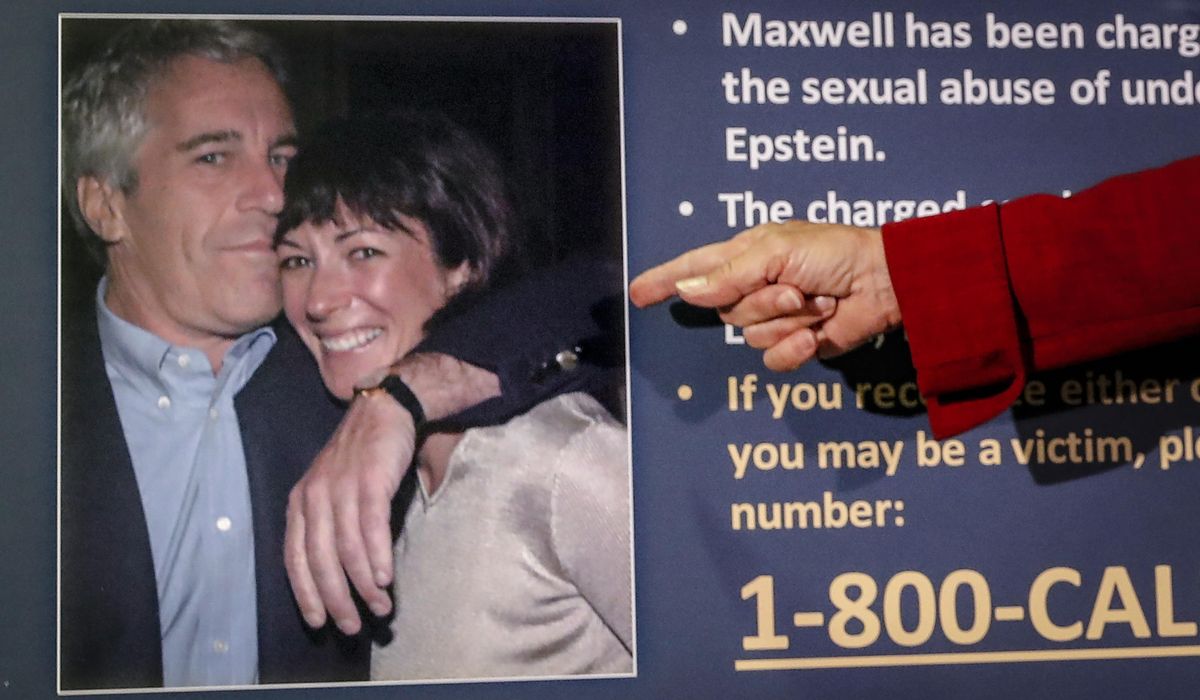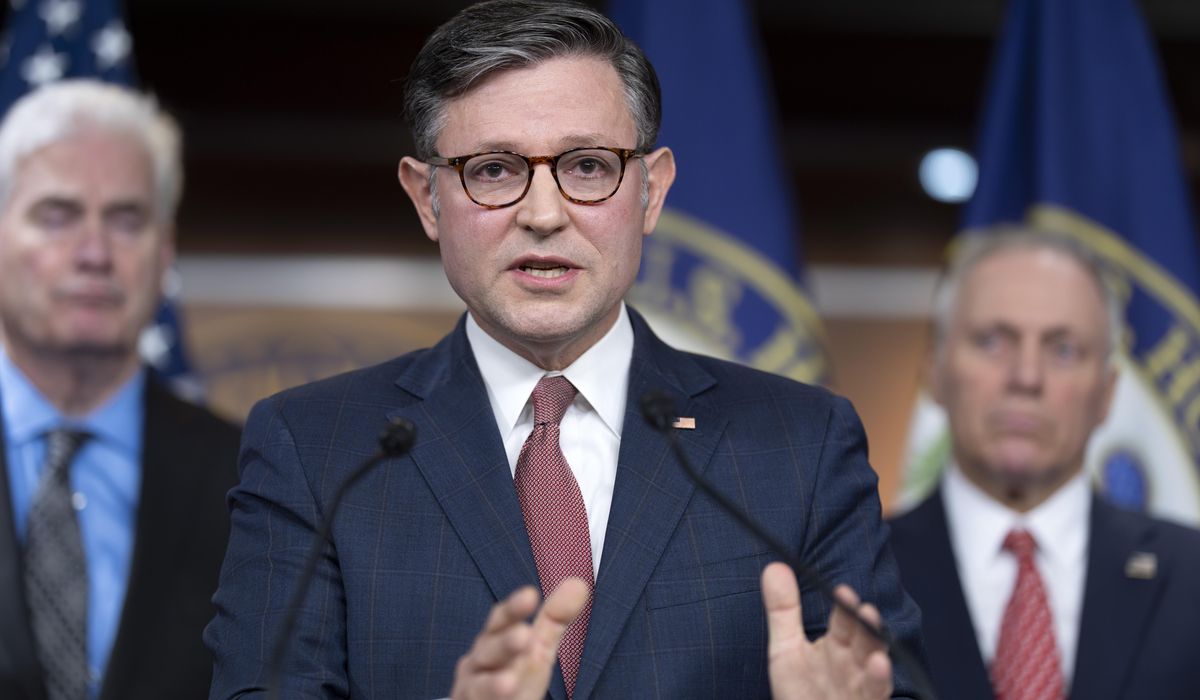ARTICLE AD BOX
President Trump will announce tariffs on automobile imports on Wednesday, according to the White House.
White House press secretary Karoline Leavitt said Mr. Trump would announce the levies in an afternoon press conference.
Mr. Trump’s decision to impose sector-specific tariffs on automobiles could hit major German automakers hard, especially ones that don’t have much of a U.S. manufacturing footprint.
Earlier this month, German automaker Audi, a luxury arm of Volkswagen, said it is considering whether to move production into the U.S. or raise prices as it braces for the impact of Mr. Trump’s tariffs.
The president says his approach is simple: Companies that make their products in America won’t get taxed, while those who try to send goods into the U.S. will face the kind of barriers that U.S. goods encounter when they’re sent to global markets.
Mr. Trump’s car announcement comes ahead of an April 2 deadline for announcing “reciprocal” tariff numbers on countries that tax U.S. goods.
Tariffs are a tax or duty paid by importers on the goods they bring in from foreign markets. Mr. Trump says tariffs are a great way to force companies to return to America or keep their operations in the U.S., employ American workers and create revenue to fund domestic programs.
The auto tariffs add to a bevy of tariff-related moves since he took office in January. Mr. Trump imposed new tariffs of 20% on Chinese goods and a 25% levy on steel and aluminum imports, and he has threatened 25% tariffs on Canada and Mexico but has exempted most goods for now.
His threat to impose reciprocal tariffs may force other countries to make concessions.
Mr. Trump, however, said late Tuesday that he might take it easy on some tariff targets.
“I’ll probably be more lenient than reciprocal, because if I was reciprocal, that would be very tough on people,” Mr. Trump told Newsmax’s “Greg Kelly Reports.”
Wall Street investors and business leaders are leery and fear the levies will cause higher costs and consumer prices.
In many cases, U.S. companies will pay the levies, though Mr. Trump frequently characterizes the tariffs as payments from foreign entities.

 4 months ago
71
4 months ago
71








 English (US) ·
English (US) ·